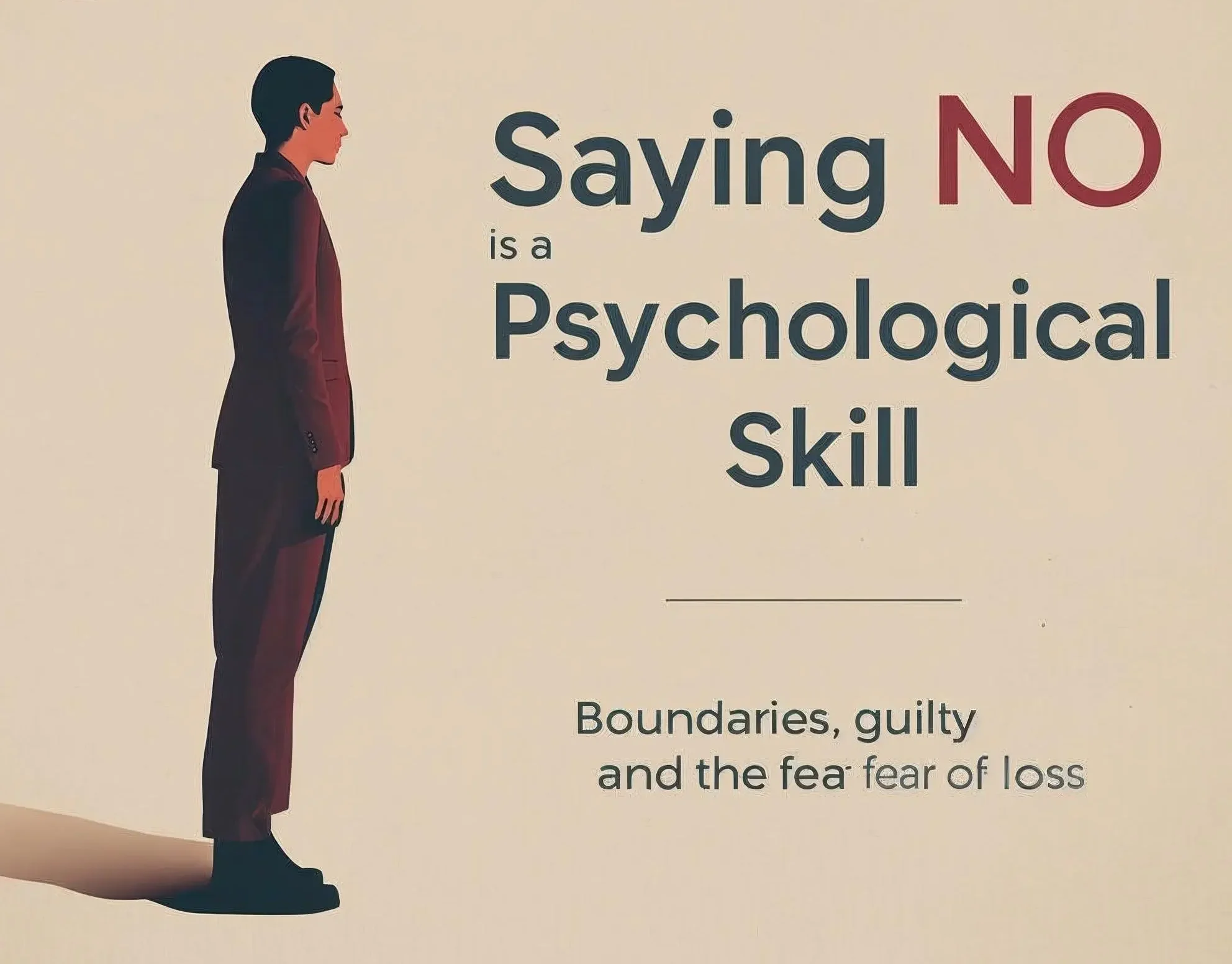Breaking Free from Stomatitis: Understanding the Psychosomatic Link
Stomatitis, an oral condition marked by pain, burning, and general discomfort, can disrupt daily life with physical and emotional strain. Many attribute it to immunity issues or irritants, but by examining psychosomatic connections, we can gain insights into deeper causes and break free from recurring episodes.
Understanding Stomatitis Beyond the Surface
While stomatitis is usually seen as a reaction to stress or immune imbalance, psychosomatic medicine suggests it often reflects inner conflicts and suppressed emotions. This perspective explores how physical symptoms can manifest when we repress thoughts or face unsettling life events.
In psychosomatic terms, stomatitis represents “partial conflicts.” Rather than large, life-altering events, partial conflicts stem from specific stressful situations—like an unexpected argument or an incident at work. It’s the mind’s way of saying, “Something here doesn’t sit well with me.”
The Link Between Emotions and Stomatitis
Have you recently felt frustrated or helpless in a situation? Psychosomatic studies suggest that unaddressed emotions—especially anger, helplessness, or betrayal—can contribute to physical symptoms like stomatitis. For example, if we “bite back” our words in an argument or feel unable to “chew through” a problem, we might experience physical manifestations of those unexpressed feelings.
Stomatitis could be the body’s way of signaling that some internal dialogue, relationship tension, or challenging process needs attention. Emotions we feel but cannot express—such as guilt, frustration, or unfulfilled expectations—can get “stuck,” lingering in our subconscious and emerging as physical discomfort.
Processing Emotions to Alleviate Stomatitis Symptoms
Identifying emotional triggers can be a powerful tool for those suffering from stomatitis. Reflect on recent events that brought up unresolved feelings. Psychosomatic approaches emphasize the importance of acknowledging emotions, whether through art, mindful practices, or simply talking it out with someone. By processing our thoughts, we can release the emotional tension that may otherwise lead to physical symptoms.
Breaking the Cycle of Recurring Stomatitis
When we become aware of how stress affects us physically, we can disrupt the cycle of recurrence. Studies show that individuals who recognize their symptoms as stress-induced tend to experience fewer and milder episodes. Addressing the root cause—emotional imbalance—can reduce not only the intensity but also the frequency of stomatitis.
By understanding this mind-body link, we can break free from the frustration of dealing with ongoing discomfort. The next time symptoms emerge, try tracing back to any unresolved emotions from the past week. The simple act of connecting emotions to symptoms could lessen the impact and duration, leading to a faster and gentler recovery.
Here are some external resources for understanding the connection between psychosomatic factors, stress, and stomatitis that may be helpful:
- The Pharma Innovation Journal discusses the psychosomatic aspects of various chronic oral conditions, such as Myofascial Pain Dysfunction Syndrome (MPDS), and emphasizes the link between stress and oral pain, providing insight into how chronic stress can exacerbate facial pain and affect the mouth’s healthThe Pharma Journal.
- International Journal of Applied Dental Sciences explores the correlation between stress and recurrent aphthous stomatitis (RAS). Their study highlights how perceived stress levels significantly influence the likelihood of RAS, underscoring stress’s role in recurring oral ulcers and its disruptive effect on daily activitiesOral Journal.
- NCBI (National Center for Biotechnology Information) also offers articles on the role of psychological stress in oral health, including how stress-induced inflammation can worsen oral ulcers. This source may help explain the physiological and psychological cycle involved in conditions like stomatitis.
Each of these resources delves into how the mind-body connection impacts oral health, offering insights that align well with your focus on psychosomatics and could add depth to your discussion on stomatitis in relation to stress and emotional well-being.















Post Comment